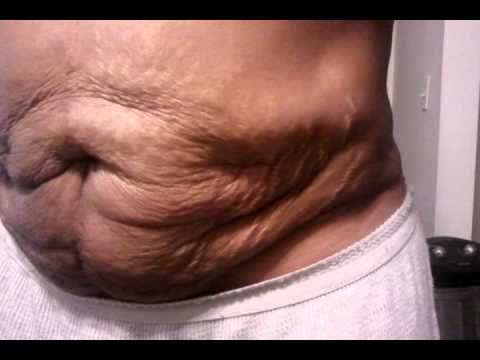Hey there!

This is a good question, but one that cannot be answered without appropriately factoring out my distinct life experience from that of the risks of physical injury (be it acute, cumulative, and/or hereditary) that all human beings are at risk for simply by living.
First I'll address what I could have prevented, and when I say "prevented" I mean "lessened the probability of occurence" - because there is no guarantee that lessening (or even eliminating) the amount, duration, and scope of one or more activities will definitively ptevent an injury of any kind. Does this make sense? If not please let me know.
So, a majority of the cumulative damage done to my tendons, jonts, cartilage, and ligaments was caused by competitive powerlifting, which I did for three years when I was in high school. My freshman year I weighed about 155 pounds; by the end of my junior year I weighed 185 pounds. The majority of my training was centered on simple, compound barbell movements (bench press, squat, deadlift) - but I also integrated a variety of other barbell & dumbbell exercises into my routine because I wantes to have a balanced, proportionate physique. I never intended to be a powerlifter; I got involved with it because it is a natural stepping stone into bodybuilding. Long story short, I placed ninth in the state championship in the 189 pound weight class. That was good enough for me; I built the muscular foundation I wanted and was ready to move on and focus entirely on bodybuilding.
Muscles heal. Tendons and ligamemts don't heal well at all. And cartilage will progressively become degenerated in all joints over tthe human lifetime. So, back to my statement about preventio /risk. By pursuing powerlifting as I did, I without a doubt increased the likelihood/risk of developing chronic injury in my tendons & ligaments. BUT - that is most true for only my shoulders. My back injury (herniation at L4/L5 disc) was due toegenerative disc disease, which my Father has. In addition to the herniated disc (removed and repaired by fusing L4 and L5) I've also got three bulging discs not far from the site of ths herniation. So, in all honesty, I don't know how much of my disc issues are hereditary or self-induced; I'll never know and I honestly don't care to, I'm just rolling with it all.
A final caveat. I know people who have herniated a disc by simply picking up a gallon of milk at a bizarre angle. I know one of my shoulder surgeries (SLAP tear, left arm) was caused by me slipping and falling backward on my friend's deck; I caught myself with my left arm but severed my bicep tendon as the price of breaking the fall. Also, baseball players, swimmers, and tennis players all have similar numbers of shoulder injuries as weightlifters bodybuilders. This is why I am reticent to make any statements about what injuries of mine could have been prevented/attenuated if I pursued weightlifting any differently than I chose to.
In general, yes, but honestly I don't think any more so than any other sport.
More specifically, for a given person:
(Genetic Predisposition) + ((Physical Activity * Intensity) * (Years)) + (Random Risk) = Probability of Injury from Cumulative Strain







